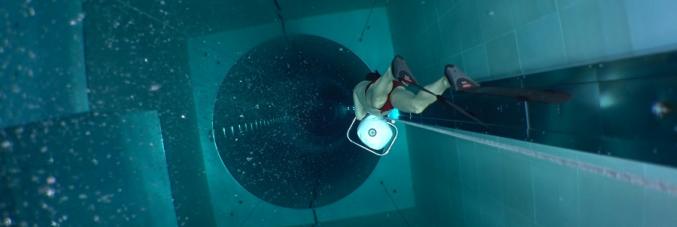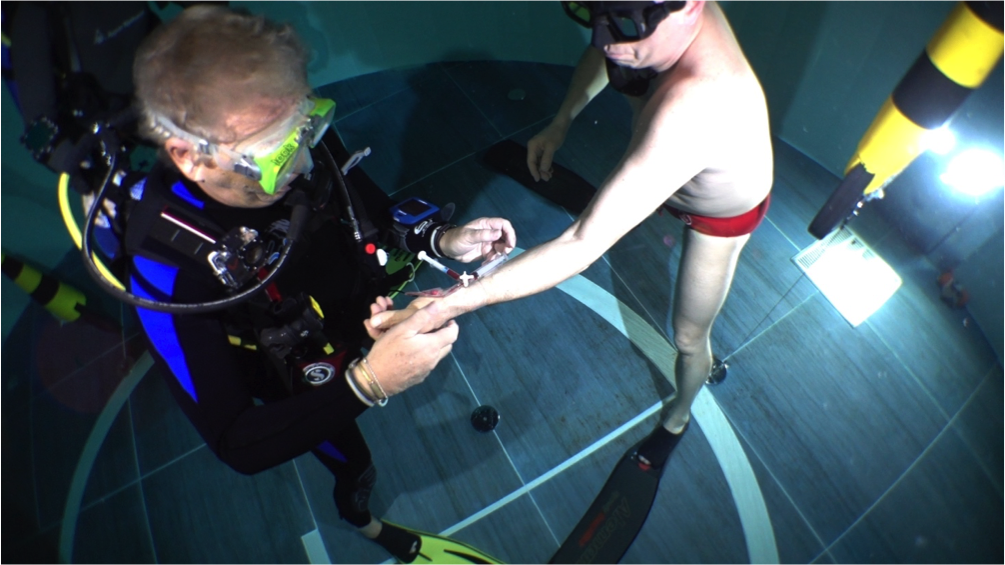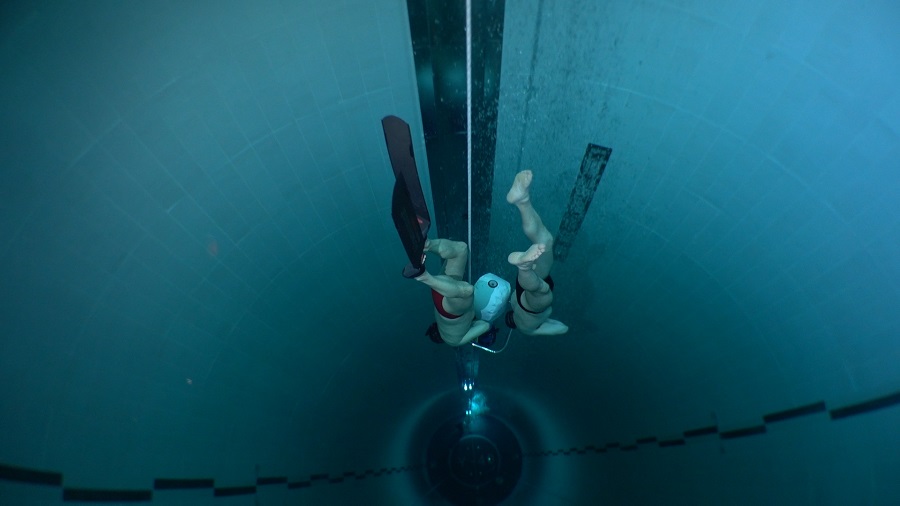
Hold your breath, all the way to the bottom and back!
05.08.2020
Associate Prof. Gerardo Bosco and his Hyperbaric School’s team (Department of Biomedical Sciences - University of Padova), have been awarded a two-year grant ($250,000) by the Federal Agency/ Office of Naval Research of the United States Navy and Marine Corps.
Aiming to better assess changes in the physiology of breath-hold divers, this experimental project named "Breath-Hold Diving: mechanisms of hypoxemia and decompression stress", originated from two previous experiences in 2018 and 2019 involving underwater arterial gas samplings. Preliminary results of these studies suggest that breath-hold divers experience dramatic changes in partial blood gas pressures, reaching critically low oxygen values. In the next steps, the laboratory team led by Prof. Bosco will coordinate the efforts of several other national and international partners.

The Italian team is composed of Dr. Matteo Paganini (Research Fellow of the University of Padua, Emergency Medicine Specialist), Dr. Giacomo Garetto (ATIP Hyperbaric Medical Centre, anesthetist), Dr. Luca Martani (Fidenza Hospital, Intensive Care Physician) and Dr. Danilo Cialoni (DAN Europe Research - Italy). This team will coordinate the study, operational planning, blood sampling, and bubble monitoring with a portable ultrasound scanner. The breath-hold diving athletes will be monitored by Marco Mardollo at the Y-40 pool in Montegrotto Terme.
The International team is made up of Prof. Richard Moon (Duke University) and Prof. Enrico Camporesi (University of South Florida), who will explore further modifications in arterial blood gases compositions at different stages of breath-hold dive, while Dr. Chris McKnight (University of St. Andrews – UK) will evaluate brain oxygenation with non-invasive instruments. Prof. Stephen Thom (University of Maryland – US) will analyze blood samples to detect changes in platelets and identify microparticles, possibly related to the development of decompression sickness in repeated breath-hold diving.
Results of such a challenging project are intended to clarify the adaptations of the human body to extreme environmental and hypoxic conditions, with possible medical implications in intensive care, emergency medicine and anesthesia.




